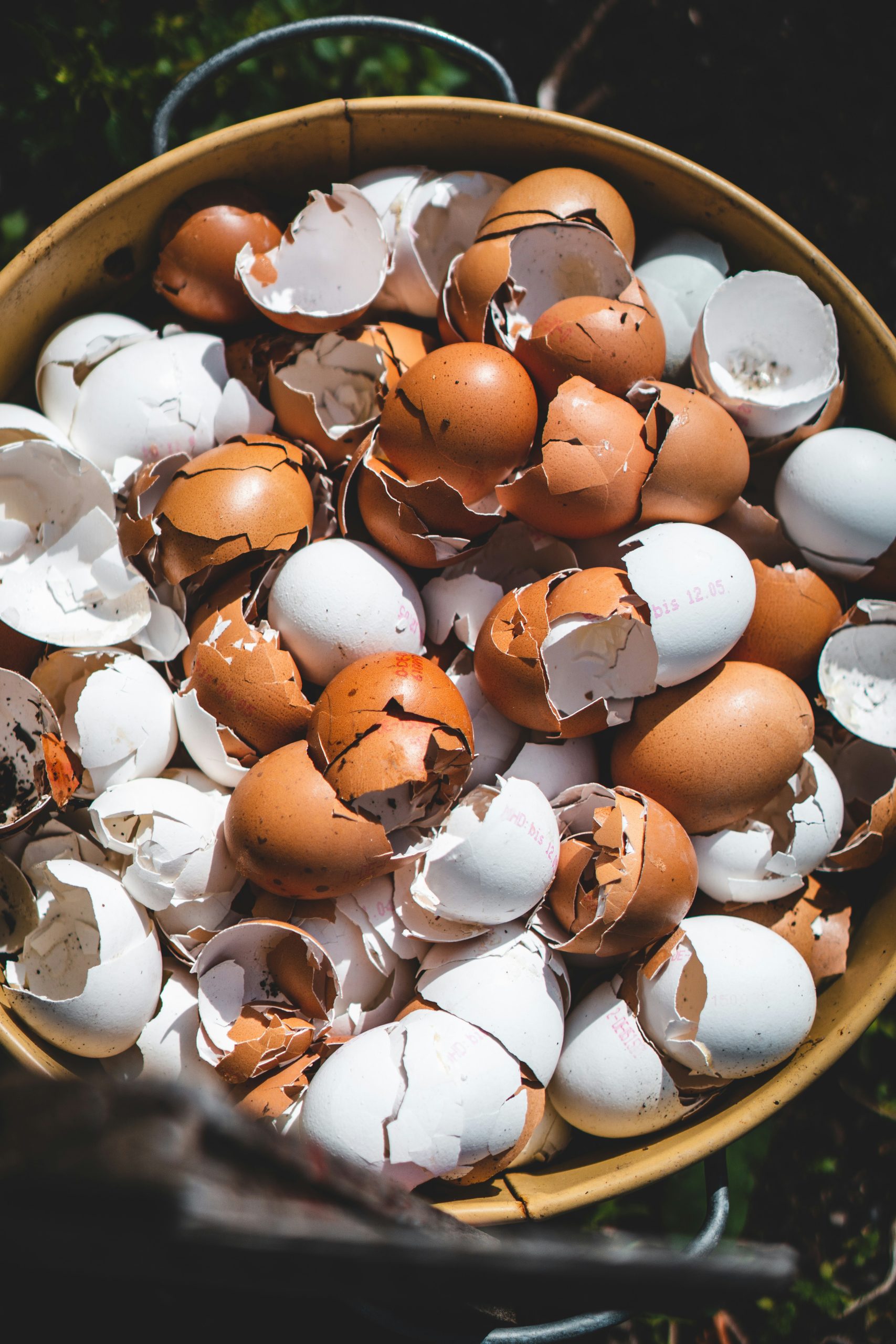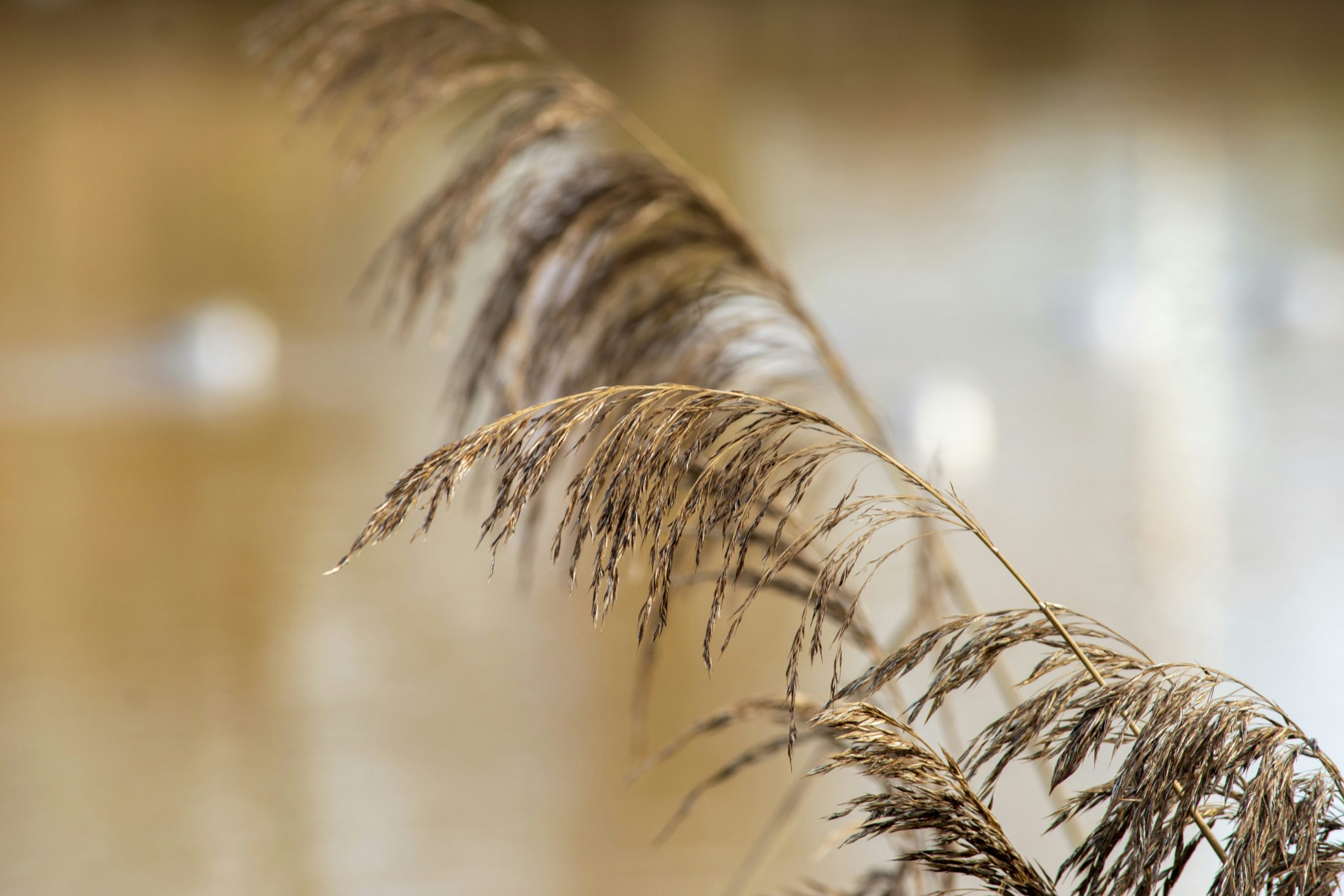In our quest to live more sustainably, many of us have turned to composting as a way to recycle kitchen scraps and enrich our gardens. However, we often find ourselves questioning which items are suitable for the compost pile, particularly when it comes to meat and dairy products. In this article, we explore whether these food items can be composted and the implications they might have on our composting efforts. We’ll delve into the potential benefits and drawbacks, as well as provide some tips for safely integrating meat and dairy into our composting routines, ensuring that our gardens flourish while minimizing any unwanted side effects. Have you ever found yourself wondering, “Can I compost meat or dairy products?” If so, you’re not alone! Many of us who enjoy the benefits of composting have stumbled upon this question at one point or another. Composting is a fantastic way to reduce our waste, enrich our soil, and do our part for the environment. But when it comes to meat and dairy products, things get a bit tricky.

Understanding Composting Basics
Before diving into the specifics of composting meat and dairy, let’s get back to basics. Composting is a process that breaks down organic materials into nutrient-rich soil through the action of microorganisms, worms, fungi, and bacteria. The end product is called compost, a dark, soil-like substance that boosts soil health and promotes plant growth.
Types of Composting
There are various methods of composting, each suited to different types of waste and environmental contexts. The major types include:
- Aerobic Composting: Requires oxygen and involves regular turning.
- Anaerobic Composting: Happens without oxygen, generally in sealed containers.
- Vermicomposting: Uses worms to break down organic material.
Knowing these basics can help us better understand how different types of waste interact with the composting process.
Pros and Cons of Composting Meat and Dairy
Let’s dive into the nitty-gritty of composting meat and dairy products. There are both pros and cons, and understanding them can help us make informed decisions.
Pros:
- Nutritional Value: Meat and dairy are high in nitrogen, which is an essential element for plant growth. This can lead to more nutrient-rich compost.
- Reducing Waste: Including all organic materials, even meat and dairy, further reduces household waste.
- Closed-Loop System: A zero-waste lifestyle becomes more achievable if we compost every possible organic material.
Cons:
- Odor Issues: Meat and dairy can emit unpleasant odors as they decompose, especially if not handled correctly.
- Pests and Rodents: These materials can attract unwanted pests, such as rats, mice, and flies.
- Pathogens: Pathogenic bacteria can grow in decomposing meat and dairy, posing potential health risks.
- Longer Decomposition Time: These materials take longer to break down compared to plant-based kitchen scraps.
Composting Meat and Dairy: Safe or Not?
Composting meat and dairy is a topic of debate among composting enthusiasts. While some say it’s entirely possible, others argue against it due to the potential complications.
Yes, You Can – But With Precautions
You can compost meat and dairy, but there are significant precautions to consider:
- High-Temperature Composting: The compost pile needs to reach temperatures of at least 140°F (60°C) to effectively break down these materials and kill harmful pathogens. This usually requires a larger, well-maintained compost system.
- Burying: Bury meat and dairy deep within the compost pile (at least 12 inches) to minimize odors and discourage pests.
- Balance: Always maintain the brown-green ratio. Meat and dairy are “greens” (nitrogen-rich), so ensure you’re adding sufficient “browns” (carbon-rich materials like dried leaves, straw, or shredded paper).
- Additives: Using an additive like Bokashi bran can help speed up the breakdown process and reduce odors.
- Closed Bins: Consider using a closed, pest-proof compost bin to eliminate the risk of attracting animals.
No, You Shouldn’t – In Certain Situations
In some cases, it might be best to avoid composting meat and dairy. Here’s when you might decide against it:
- Small Scale: If your composting system is small and lacks the ability to reach high temperatures, it may be troublesome to compost meat and dairy.
- Community Composting: If you are using a shared or community composting service, meat and dairy are typically not allowed.
- Preference: Personal preference for avoiding potential smells and pests may lead you to omit meat and dairy from your compost pile.
Alternative Methods for Composting Meat and Dairy
If standard composting isn’t ideal for your meat and dairy waste, consider alternative methods that are more suitable.
Bokashi Composting
Bokashi composting is an anaerobic process that ferments organic material, including meat and dairy. It’s a closed system, meaning it can be kept indoors with minimal odor.
- Process: Add food scraps to a Bokashi bucket, sprinkle with Bokashi bran, and seal the bucket. Once the bucket is full, let it ferment for approximately two weeks. The contents can then be buried in the garden to decompose further.
- Benefits: Minimal odors, pest-proof, and faster breakdown.
Industrial Composting
Many municipal waste management services offer industrial composting facilities designed to handle a broader range of organic materials, including meat and dairy.
- Process: Organic waste is collected and transported to an industrial composting site where it’s processed under controlled conditions.
- Benefits: High temperatures ensure the full decomposition of meat and dairy, killing pathogens and eliminating odors.
| Composting Method | Suitable for Meat and Dairy | Pros | Cons |
|---|---|---|---|
| Aerobic Composting | Yes, with precautions | Nutrient-rich compost | Odor, pests, pathogens |
| Anaerobic Composting | Yes, with Bokashi system | Minimal odor, faster breakdown | Requires specific setup |
| Vermicomposting | No | Easy maintenance | Unsuitable for meat and dairy |
| Industrial Composting | Yes | High efficiency, managed process | Requires access to facilities |

Best Practices for Composting Meat and Dairy
If you decide to go ahead and compost meat and dairy, here are some best practices to follow:
- Balance Your Pile: Always ensure a correct balance of browns to greens to maintain proper decomposition.
- Chop Finely: Breaking down your meat and dairy into smaller pieces helps speed up the decomposition process.
- Monitor Temperature: Regularly check the temperature of your compost pile to ensure it’s hot enough to break down tougher materials.
- Avoid Fats and Oils: While small amounts of meat and dairy are manageable, avoiding fats and oils will prevent possible complications.
- Regular Turning: If aerobic composting, turn your pile regularly to distribute heat and aerate the compost.
Common Questions and Misconceptions
Won’t Meat and Dairy Attract Rodents?
Yes, meat and dairy can attract rodents if not properly managed. Burying these materials deep within the compost pile and using closed bins can significantly reduce this risk.
Will It Smell Bad?
Improperly managed composting of meat and dairy can produce unpleasant odors. Following the best practices outlined can help mitigate this issue.
Is It Safe?
If properly managed, composting meat and dairy can be safe. Ensuring high temperatures and adequate aeration helps kill harmful pathogens.

Composting Challenges and How to Overcome Them
Certainly, composting meat and dairy is not without challenges. Here’s a look at some common issues and how to address them.
Odor Management
Challenge: Unpleasant smells emanating from the compost pile.
Solution: Use materials like sawdust, straw, or leaves to cover meat and dairy. Burying these items deep and maintaining a balanced pile of browns and greens will also help control odors.
Pests and Rodents
Challenge: Compost attracting unwanted pests.
Solution: Utilize sealed, rodent-proof bins and ensure materials are well-buried. Regularly turning your compost also helps mask the scent.
Pathogen Control
Challenge: Risk of harmful bacteria in the compost.
Solution: Maintain high composting temperatures and avoid adding large quantities of potentially dangerous materials. Keep monitoring and adjust the pile as necessary.
Longer Decomposition Time
Challenge: Meat and dairy take longer to break down.
Solution: Chopping materials into smaller pieces speeds up the process. Additionally, maintaining a high temperature and proper aeration contributes to faster decomposition.
Conclusion
So, can we compost meat and dairy products? Yes, we can, but it requires thoughtful management and precautionary steps to do it safely and effectively. Composting meat and dairy can enrich our garden soil but comes with added responsibilities such as managing odors, avoiding pests, and ensuring pathogen-free compost. By understanding the pros and cons, knowing the proper techniques, and employing alternative methods like Bokashi composting or leveraging industrial facilities, we can make informed choices that suit our composting needs.
Whether we choose to expand our composting efforts to include meat and dairy or stick to the more traditional plant-based scraps, the ultimate goal is to reduce waste and nourish our environment. Happy composting!